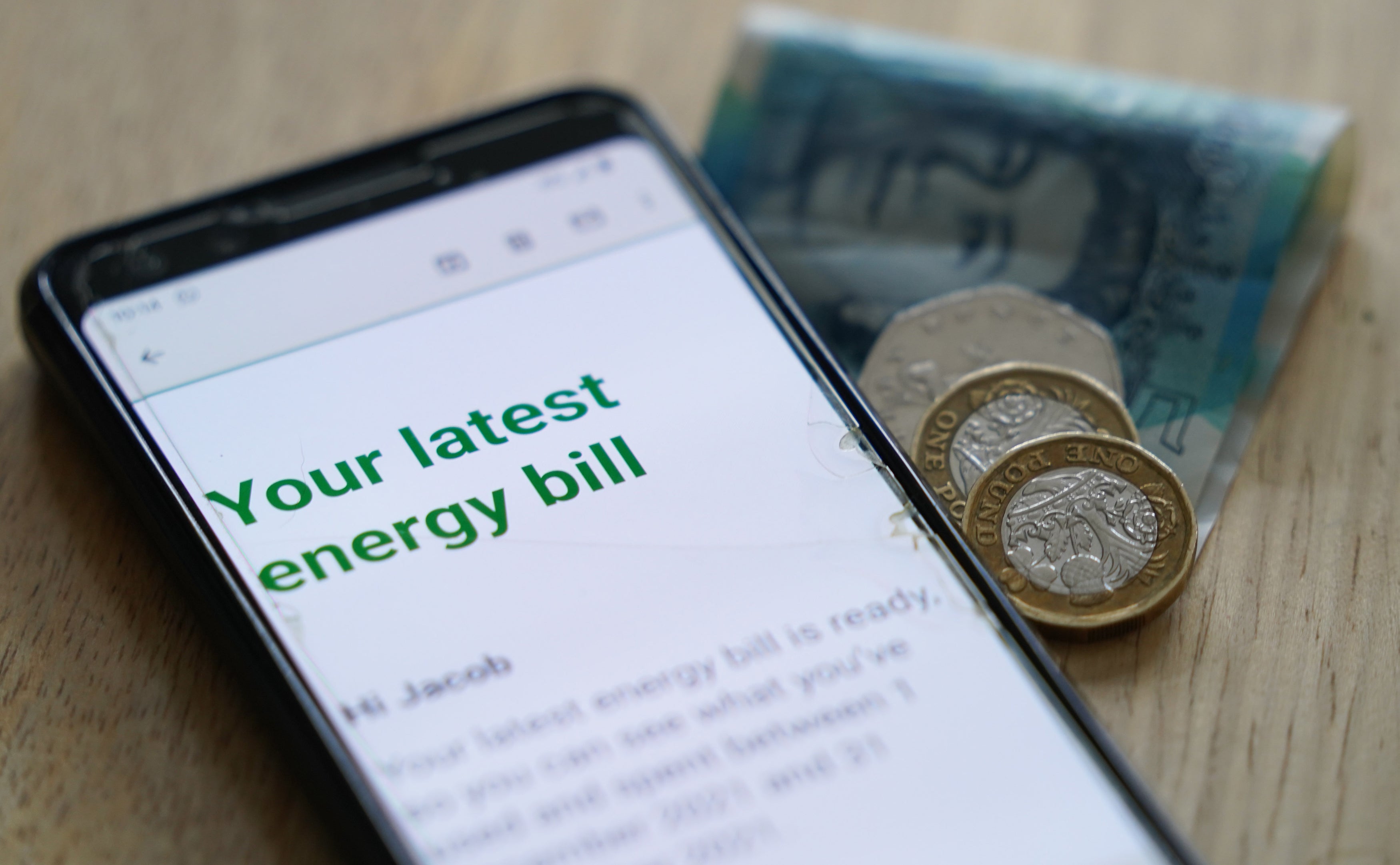There is plenty Rishi Sunak and the government should be doing to help protect people from inflation
Prices rose at 9 per cent in the year to April but that was actually 11 per cent for the poorest Britons. A windfall tax on energy companies could dramatically ease the crisis for them, argues James Moore


We’re doing what we can to help people but it’s really hard.”
That is my precis of the Conservative Party’s line on inflation – which hit a 40-year high of 9 per cent in the year to April – and the cost of living crisis stemming from it.
You won’t see anything like my quote from a government spin doctor, not least because the “really hard” bit is clearly mockery on my part. But mockery seems the appropriate response because the government line is deceitful.
Controlling inflation, and bringing it down, is hard. This is because the principal driver of the explosion in the consumer price index (CPI) is the cost of fuel, something neither the government nor the Bank of England (which Conservative ministers have shamefully been attacking) can do much about. Addressing the impact of inflation on low-income households is, however, a quite different matter.
The impact of inflation is far worse for the poorest people in our country. The Institute for Fiscal Studies (IFS) puts the rate of inflation for those on the lowest incomes not at 9 per cent but at something closer to 11 per cent.
People on lower incomes get kicked much harder at a time like this because fuel, food and energy bills make up a higher proportion of their budgets than it does for those higher up the income scale. Energy prices increased by a staggering 70 per cent in April, something not seen for 30 years. The average household faces an increase in bills of around £60 a month as a result. It gets worse. But bear with me. There is a light at the end of the tunnel.
State benefits only increased by 3.1 per cent in April. You don’t need to be a genius to work out what that means for those who rely on them. There were over-60s who struggled to survive because they couldn’t afford to heat their homes last winter. Goodness only knows what we are going to see this winter.
But wait (once again), it gets worse. Inflation has not peaked yet. The energy price cap is widely expected to increase again in October. As are food prices, which are currently up by 6.7 per cent. The Bank of England’s governor Andrew Bailey used the word “apocalyptic” to describe the dire situationt. Needless to say, this is not a man who regularly indulges in hyperbole.
But wait. Before you reach for the whisky bottle, here’s the silver lining. This can be fixed. Forget the sympathy Boris Johnson claims he has at Prime Minister’s Questions and the chancellor’s “can’t support people completely” line. They are wrong. And they know it.
Low-income groups face a tsunami, but the government can rather easily shelter them with the benefits system. The chancellor could uprate payments such as universal credit, or increase the scope of the Warm Homes Discount scheme. He could also create a new emergency energy support payment using existing mechanisms to get cash into people’s hands.
Funding it would require a windfall tax on energy firms’ excess profits that is already being called for by several MPs across the political spectrum. It also has the support of senior figures from the business world, such as Tesco chair John Allan.
The prime minister appears to be resisting on the grounds that Britain needs energy companies’ investment. But there has been no sign of this yet, despite BP’s chief executive more or less conceding that a windfall tax wouldn’t impede his company (a point raised in the Commons).
What we really have here is a choice between helping low-income households or fattening the already-bulging pockets of shareholders. And that should be an easy choice.
The Labour leader, Sir Keir Starmer, highlighted the case of Felix, who was on kidney dialysis and had been forced to turn off his heating even with his partner taking extra shifts in the NHS. There will be a flood of similar stories for Sir Keir to beat the government with if it continues to sit on its hands and complain there is only so much it can do.
That is simply untrue. The cost of living crisis facing low-income Britain is fixable. Johnson, Sunak and the rest of the cabinet must do something.






Join our commenting forum
Join thought-provoking conversations, follow other Independent readers and see their replies
Comments